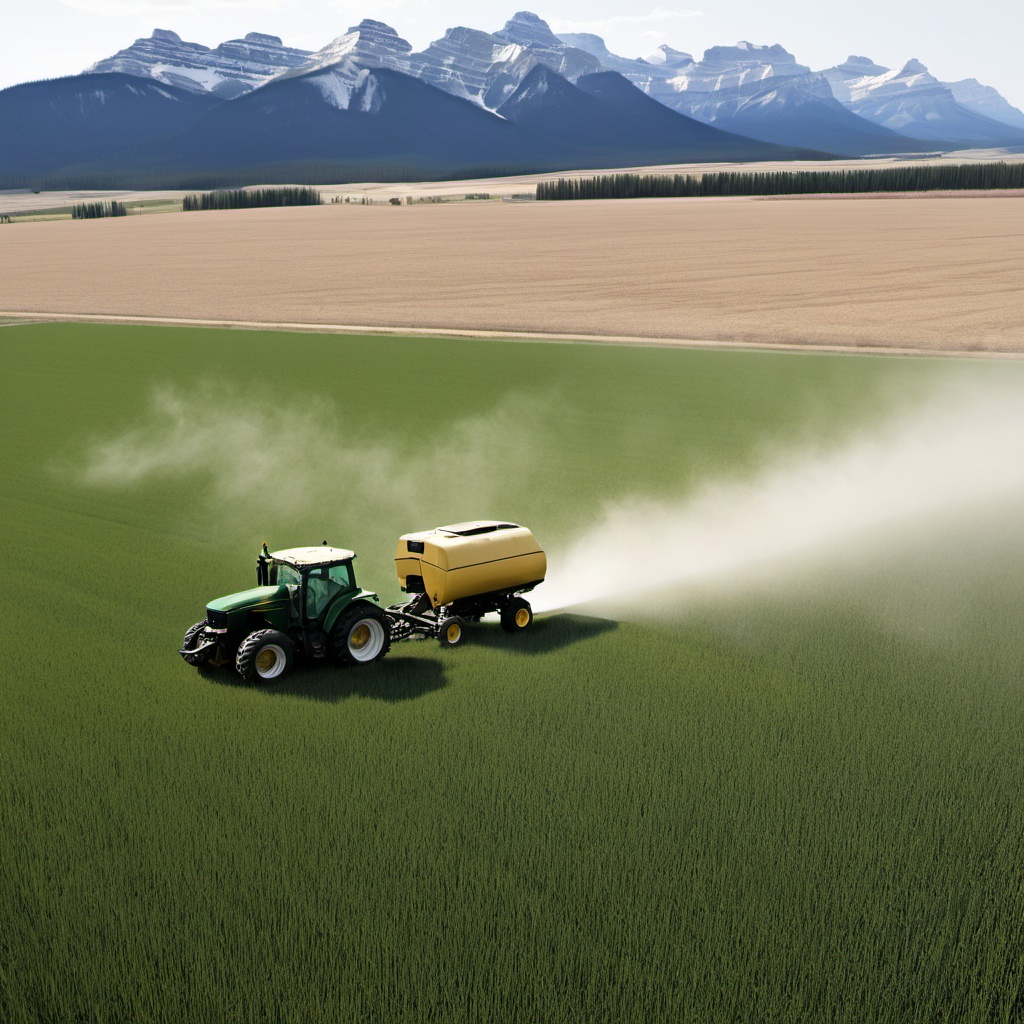
Overview of Alberta’s Agriculture Industry
Alberta is a key player in Canada’s agriculture industry, contributing significantly to both the national and global food supply. The province is known for its vast farmlands, diverse crops, and livestock production. Alberta’s agricultural sector plays a critical role in its economy, supporting thousands of jobs and businesses. From cattle ranching to grain farming, Alberta is a hub for innovative and sustainable farming practices.
Recent Developments in Alberta’s Agriculture Sector
In recent years, Alberta has witnessed several developments in its agriculture sector. These include:
- Sustainability Initiatives: Alberta farmers are increasingly adopting sustainable practices to reduce environmental impacts. This includes the use of precision agriculture technologies and renewable energy sources such as solar power on farms.
- Weather Challenges: Unpredictable weather patterns, including droughts and heavy rains, have impacted crop yields and livestock production in recent years. Farmers are adapting through the use of advanced irrigation systems and drought-resistant crops.
- Government Support: The provincial government continues to offer support through various programs and subsidies aimed at helping farmers manage risks and improve productivity.
Livestock Production in Alberta
Alberta is one of Canada’s largest producers of beef, with cattle ranching being a major part of its agricultural identity. The province is also a significant player in poultry, pork, and dairy production. Recent trends in livestock farming include:
- Animal Welfare Improvements: Alberta livestock producers are adopting new standards to enhance animal welfare, such as better living conditions and humane handling practices.
- Export Growth: Alberta’s beef exports, particularly to the U.S. and Asian markets, have grown steadily. The demand for high-quality Alberta beef remains strong, providing economic opportunities for local producers.
Crop Production in Alberta
Alberta’s crop production is another vital aspect of its agriculture industry, with key crops including wheat, barley, canola, and oats. Notable updates in crop production include:
- Canola Production: Alberta remains a top producer of canola, a crop that continues to drive economic growth. Canola is used not only for cooking oil but also for biofuels, making it a versatile and valuable commodity.
- Grain Prices: Global market fluctuations have affected grain prices, impacting Alberta farmers. Despite these challenges, Alberta remains resilient, with many producers exploring new markets and crop diversification strategies.
Technological Advancements in Alberta’s Agriculture
Technology is playing a transformative role in Alberta’s agriculture, with innovations reshaping the way farmers manage their operations. Key advancements include:
- Precision Agriculture: Farmers are using GPS-guided equipment, drones, and data analytics to optimize crop production and minimize waste.
- Smart Irrigation Systems: With changing weather patterns, smart irrigation systems that conserve water while maintaining crop health are becoming more popular.
- Farm Management Software: Alberta farmers are increasingly using farm management software to track everything from crop yields to financial data, enabling better decision-making.
Challenges Facing Alberta’s Agriculture Industry
Despite its successes, Alberta’s agriculture industry faces several challenges:
- Climate Change: The effects of climate change, such as increased droughts and extreme weather events, continue to pose risks to Alberta’s farmers.
- Labour Shortages: Like many other sectors, the agriculture industry in Alberta struggles with labour shortages, particularly in peak seasons.
- Market Access: Trade barriers and tariffs in international markets can affect Alberta’s export opportunities, particularly for beef and grain producers.